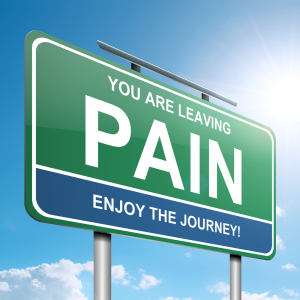Physical pain is a common occurrence for many Australians. In fact, a national survey found that more than one-quarter of Australian adults had recently experienced some sort of pain lasting more than a day.
Pain is a feeling triggered in the nervous system. It may be sharp or dull, off-and-on or steady, localised (such as back pain) or all over (such as muscle aches from the flu). Sometimes, pain alerts us to injuries and illnesses that need attention.
Although pain usually goes away once the underlying problem is addressed, it can last for weeks, months, or even years. Chronic pain may be due to an ongoing condition (such as arthritis) or to abnormal activity in pain-sensing regions of the brain, or the cause may not be known.

